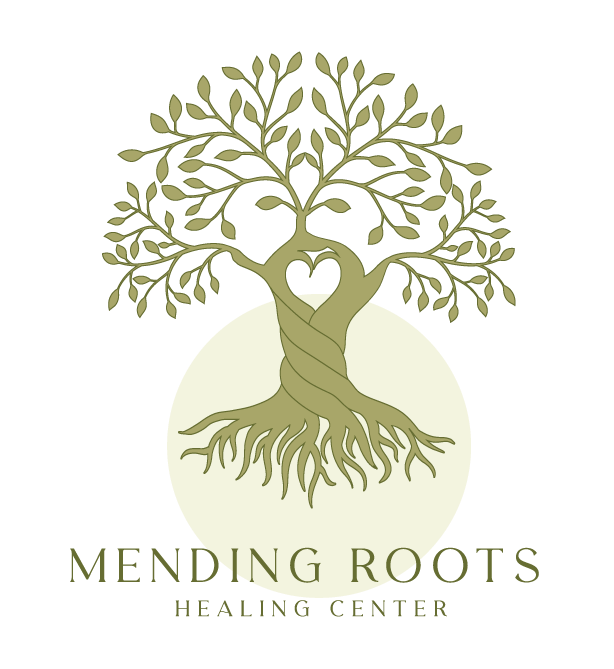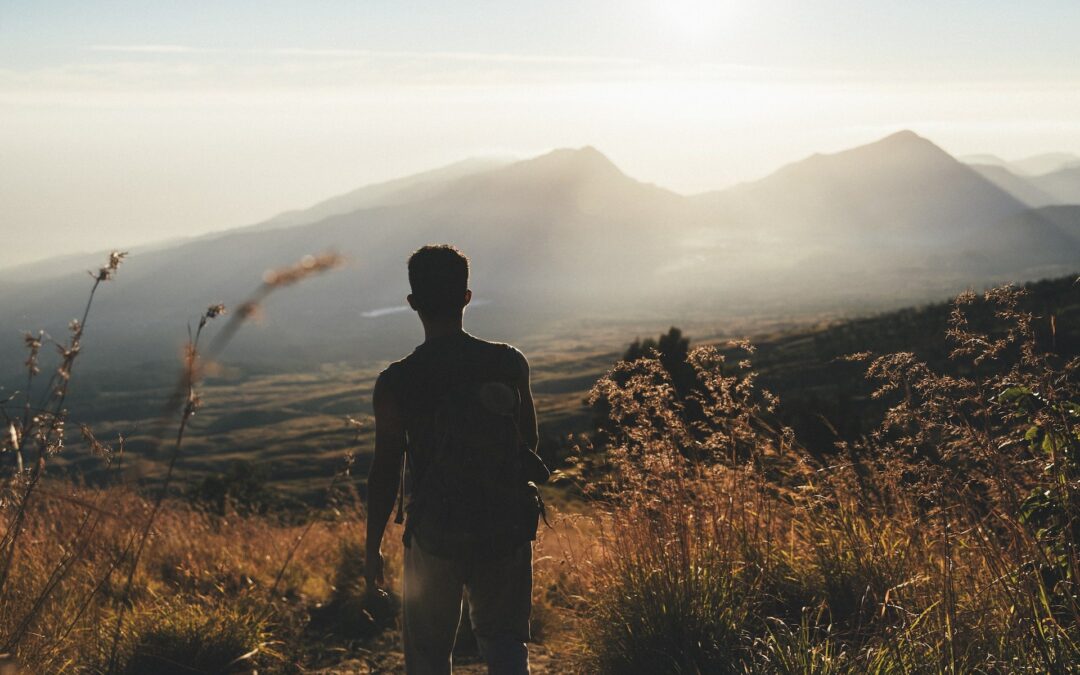I tend to get an itch for the outdoors when my life is out of balance. I’ve been found camping in my driveway or racing to catch a sunrise or sunset run or paddle. I recognize this behavior as a need for healing.
I often turn to the wilderness to give myself refuge to heal. I allow myself to feel; to feel real and whole again. Past the threshold of civilization, I seek the mystery of adventuring, hopeful for a shift within me as the landscape changes around me. The mountains feel safer than the constraints of society.
Coming back from my most recent expedition, the story of Chris McCandless came up. Most notably popularized by the book and movie “Into the Wild.” Spoiler alert for this whole article: Chris was a 24-year-old male who died in the backcountry of Alaska in 1993.
When the story of Chris broke, it created polarizing responses from the general public. Some were angry thinking he was ill prepared to survive in the backcountry. He was the honorary punching bag for how irresponsible it was for him to risk his life the way he did. “This is the folly of teenage boys… these are my 17 year old thoughts… ” podcast host Sarah Marshall shared in her “You are Wrong About” podcast on Chris, stating, “Why are we valorizing this?”
Although you may not relate his decision to set out into the backcountry alone, you may relate to what Chris wrote to his sister before doing so. He recalled how “the (childhood) events that we suffered were so outlandish in their proportion that it’s useless to try to explain them to anyone because they will never believe you. They will think you are some kind of freak. Some kind of outrageous liar…they will think that you simply couldn’t handle the normal conflicts that typical [teenagers go through]. Feeling disconnected from others, we are left alone to sort it out.”
When something “goes wrong” in our childhood, it’s typically out of our control. None of our own protestations protect us. We learn that nothing we do makes it better, and most often, makes it worse! Like a freeze response to a bear attack; it’s a way to give ourselves the best chances.
I think this is the true “survival story” that I was captivated by when I heard of Chris. It’s psychologically painful to suffer from a sense of powerlessness. To cope, we disconnect. It’s too painful to see ourselves being wounded by something we don’t have any control over. What are we to do when we are up against something that is more powerful than ourselves? When fighting hasn’t worked, freezing feels like suffering, we are left with the option of fleeing.
The unfortunate part of Chris’s story is that he also fled from others that could have supported him. We need support from others in order to heal. Yes, we are the only ones that can “do the work” or walk the healing journey, but we also need to be able to rely on others guiding hands as we stumble, trip, get back up, and continue on. We journey on our own, but with many with us along the way.
Most of us don’t have a riveting backcountry story of survival but rather a frontcountry version. Because it feels more common or mundane, we minimize it, just like Chris did in his letter to his sister, and end up suffering alone.
When we find the courage to embark on a healing journey, how do we find the community that we truly need to thrive and flourish along the way?
1. First, I need to knock down my idealization or romanticism of lone wolves or cowboys. I wrestled in college, and learned that even in an individualized sport where no team can carry you, nobody gets on the podium without a community of coaches, training partners, sponsors, and other supporters. It’s helpful for me to flip the script and get some perspective. I am suspicious or cautious of any coach, spiritual leader, or therapist who isn’t personally getting outside support. If I admire or want a piece of what they have earned through their healing journey, then my best shot is to do it like they are… with the help and support of others.
2. Next is figuring out who. Who can support me and where and how do I find them? People are double-edged swords. They have the potential power to build us up and/or cut us down. I just need to find one person that I can have a building-up experience with. When I know what it looks like and what it feels like, then I can replicate it with others. Support leads to more support.
3. Lastly, we need to connect with our community. Most of us know someone that has all the support and resources in the world and struggles to utilize them. Courageous vulnerability is our path to accessing true support. This does not mean oversharing, purging, or celebrity-style social media dumps. Vulnerability is about sharing our feelings
and experiences with people who we’ve developed relationships with that can bear the weight of our story. They have earned the right to hear them through boundaries and trust.
I’ll admit, it was much easier for me to write those three points than it is for me to live them on a daily. Fortunately, I’m not alone in my struggle. We are all challenged by the task of cultivating a supportive community in a technology-driven depersonalized transactional society.
I was lucky to return from my adventure alive, and also to return to supportive others. What Chris’s story drives home for me is that we discover the potential of our own agency with the support and connection with others. If “happiness is real when shared,” it can also be true for our healing process.

